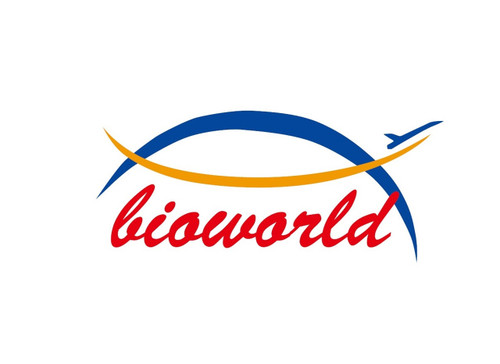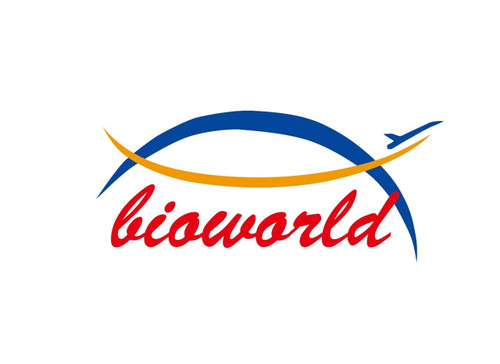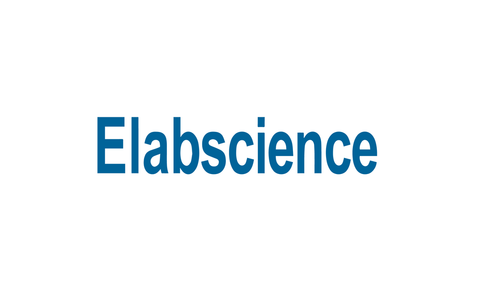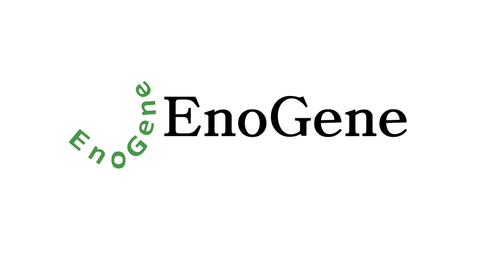Product Description
SFRP4 polyclonal Antibody | BS8194 | Bioworld
Host: Rabbit
Reactivity: Human,Mouse,Rat
Application: WB IHC IF
Application Range: WB: 1:500~1:2000 IHC/IF: 1:50~1:200
Background: The frizzled gene, originally identified in Drosophila melanogaster, is involved in the development of tissue polarity. The mammalian homolog of frizzled as well as several secreted mammalian frizzled-related proteins, FRP-1 (also designated SARP2), FRP-2 (also designated SARP1), FRP-3, FRP-4 and SARP3 (also designated FRP-5), have been identified. The Frizzled proteins contain seven transmembrane domains, a cysteine-rich domain in the extracellular region and a carboxy terminal Ser/Thr-xxx-Val motif, and they function as receptors for Wnt. The Frizzled-1 gene maps to human chromosome 7q21 and is expressed in adult heart, placenta, lung, kidney, pancreas, prostate and ovary and in fetal lung and kidney. Frizzled-2 is expressed in adult heart and fetal brain, lung and kidney. The frizzled related proteins FRP-1, FRP-2, FRP-3, FRP-4 and SARP3 are secreted proteins that contain regions of homology to the cysteine-rich ligand-binding domain of frizzled and a conserved hydrophilic carboxy terminal. The gene encoding human SARP3 maps to chromosome 4q31.3 and is expressed in retinal pigment epithelium (RPE) and pancreas, while expression of FRP-1,2 and 4 is high in developing tissues. The FRPs/SARPs are involved in the Wnt signaling pathway by regulating the intracellular levels of b-catenin.
Storage & Stability: Store at 4°C short term. Aliquot and store at -20°C long term. Avoid freeze-thaw cycles.
Specificity: SFRP4 polyclonal Antibody detects endogenous levels of SFRP4 protein.
Molecular Weight: ~ 40, 55 kDa
Note: For research use only, not for use in diagnostic procedure.
Alternative Names: Secreted frizzled-related protein 4; sFRP-4; Frizzled protein, human endometrium; FrpHE; SFRP4; FRPHE
Immunogen: Recombinant full length Human SFRP4.
Conjugate: Unconjugated
Modification: Unmodification
Purification & Purity: The Antibody was affinity-purified from rabbit antiserum by affinity-chromatography using epitope-specific immunogen and the purity is > 95% (by SDS-PAGE) .
Pathway:
 Euro
Euro
 USD
USD
 British Pound
British Pound
 NULL
NULL












